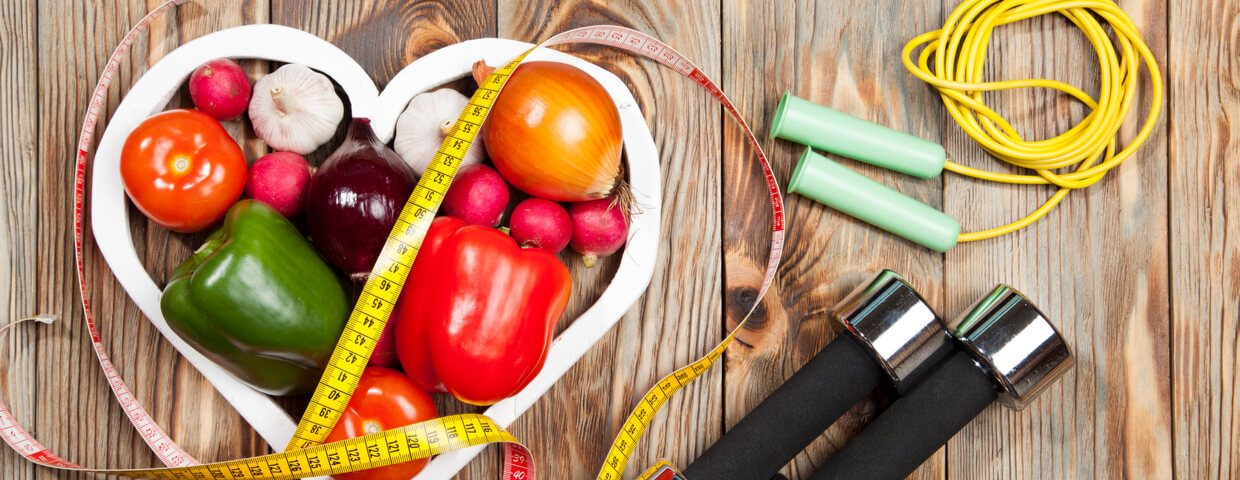Posted by Heart Hugger on Mar 27, 2020 2:16:05 PM

Being concerned about your health as a patient is normal, especially after heart surgery. What lies ahead will help ease your worries and restore your heart health after your surgery.
Staying Active
One of the great benefits of heart surgery is physically being able to do more than you could before. Two of the most common exercise questions following heart surgery are when to start and what to do.
When should I start?
As you are settled back home, gradual exercise is essential in recovery. You might have to build up slowly and pace yourself, to begin with, and it is normal to feel tired in the first few weeks. Try to balance any activity with enough rest and sleep.
What should I do?
Walking is a great first exercise as it allows you to go at your own pace, and you can build up the length of your walk as you start to feel better. There are also many other exercises if walking seems too much at first: heel raises, marching in place, and stepping up and down on the bottom steps of some stairs. Around 6-8 weeks post-surgery, you can resume more rigorous exercises, including cycling, jogging, and swimming.
Managing Stress
It is common to experience some anxiety after heart surgery, especially when leaving the hospital. Some people think that stress played a part in their heart problems in the first place, and family members often feel very anxious. Many people start to feel more confident after the first few weeks. For others, stress can remain a problem. Evidence shows that reducing stress and tension can help your heart recover.
Maintaining a Healthy Heart
Your surgery has treated some of the problems, but it does not change the reasons that you had heart problems in the first place. To get the most from surgery, you must do what you can to prevent further complications.
Your Diet
Some changes in what you eat are a good idea following heart surgery. Make time to think about your diet. Watching what you eat will help keep your arteries clear and help you stay well.
Smoking and Alcohol
Smoking is a significant risk factor in heart disease; if you smoke, it will double your risk of further heart problems. Alcohol is fine if enjoyed in moderation. Consult your doctor for advice for an appropriate amount of alcohol during recovery.
Your Blood Pressure
High blood pressure is a large cause of heart problems - as it makes your heart work harder. It leads to the narrowing of your arteries, including your coronary arteries. High blood pressure can cause strokes, kidney failure, and eye problems. However, having high blood pressure usually does not make you feel unwell. It is an invisible symptom.
Diabetes
People with diabetes have a greater risk of developing heart disease. If you have diabetes, monitoring and controlling your blood sugar to manage this illness is imperative. Please don’t forget to attend regular check-ups. Regular exercise is good for controlling diabetes and your heart and reducing high blood pressure and weight.
Taking Medications
Medicines are a vital part of your recovery; they help to avoid further problems and control symptoms. You may have medications to reduce the chance of blood clots, to treat angina - which is a type of chest pain caused by reduced blood flow to the heart, to lower cholesterol, and others for pain management. The hospital staff will fully advise you of your medications before you are sent home.
Managing Your Pain
While some of the medications you are prescribed may be meant for pain management, it’s important to remember that you’re not limited to them. A sternum support harness provides stability and support, is a great option for day-to-day pain relief, especially when coughing or sneezing.
If you want to learn more about how to be an active participant in your recovery, contact us today!
